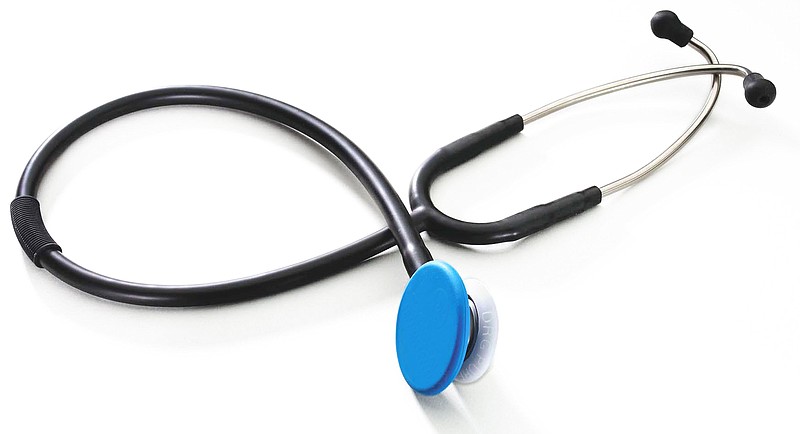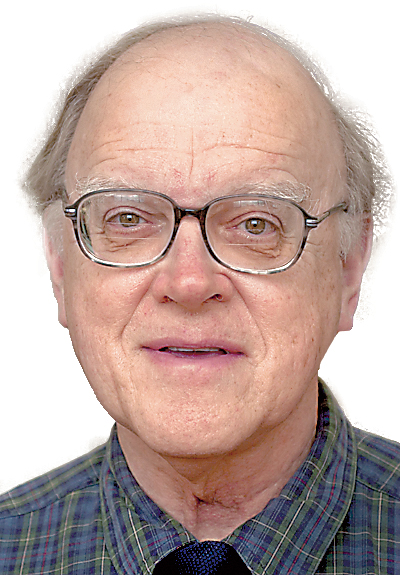National health-care costs (NHCC) continue their upward spiral, though at a slower pace. For 2016, costs rose by 4.3 percent, compared to a year earlier, to reach $3.3 trillion. The rate of inflation for the overall economy stood at 2.8 percent for the year. Health care now accounts for 17.9 percent of Gross Domestic Product. Per capita spending stands at $10,348.
The rate of increase slowed compared to the two previous years when millions of previously uninsured persons acquired health-insurance coverage under the Affordable Care Act (ACA).
Private health insurance accounted for 34 percent of NHCC, followed by Medicare, 20 percent, and Medicaid, 17 percent. Federal programs accounted for 11 percent; state and local programs (including Medicaid contributions), 6 percent. Out-of-pocket expenses, representing deductibles, co-payments and uncovered expenses accounted for 11 percent of the total.
Another way of considering costs is by source. Households and the federal government each paid 28 percent of the total, private businesses 20 percent and state and local governments 17 percent. A variety of private programs accounted for 7 percent.
Hospital care consumed 32 percent of expenditures, followed by professional services (e.g. lab, radiology, rehabilitation) 26.4 percent; physician and clinical services, 20 percent; prescription drugs, 10 percent; nursing home and home care, 7.6 percent.
To date, an additional 20 million Americans under age 65 have gained health insurance following the implementation of the ACA. That number is split between those acquiring private health insurance and those gaining coverage through expanded Medicaid programs.
Almost 29 million Americans remain uninsured. They represent 8.8 percent of the population - a historic low. In 2013, before implementation of much of the ACA, 13.3 percent were uninsured. Uninsured numbers for the population under age 65 fell dramatically in those states that expanded their Medicaid programs: Kentucky, Maryland, Massachusetts and New York were all below 7 percent in 2016. For non-expanding states, the numbers remained elevated. Non-elderly uninsured in Texas represent 17 percent of the population, Georgia 14 percent, Tennessee 13 percent, Alabama 10 percent.
In 2016, 6.5 million Americans paid an average penalty of $470 rather than obtain health insurance as required by the ACA. An estimated 4.5 million people could obtain Medicaid coverage if every state expanded its Medicaid program. An estimated half of uninsured persons are unaware of premium subsidies for which they might qualify under state-based marketplaces.
Uninsured persons are typically young, Latino and employed by small businesses.
An estimated 12.5 undocumented immigrants in the U.S. are not eligible for health-insurance coverage under terms of the ACA.
Compared to other advanced, industrialized nations, the U.S. has the most expensive health-care system. Canada, France and Germany spend less than 12 percent of GDP on health care and insure all of their residents. Professional fees, hospital charges and prescription drugs cost less in these countries. Administrative costs are substantially less than in our country.
The statistics quoted above represent human beings. Each has a name, loved ones and aspirations. "Statistics are human beings with the tears wiped away" is attributed to science writer Paul Brodeur.
A country of incredible scientific, technical and civil accomplishments surely can devise a system of affordable, high-quality health insurance for all Americans. Pragmatism needs to replace partisanship. Empathy must be factored into economic calculations.
We can do better.
Contact Clif Cleaveland at ccleaveland@timesfreepress.com.

